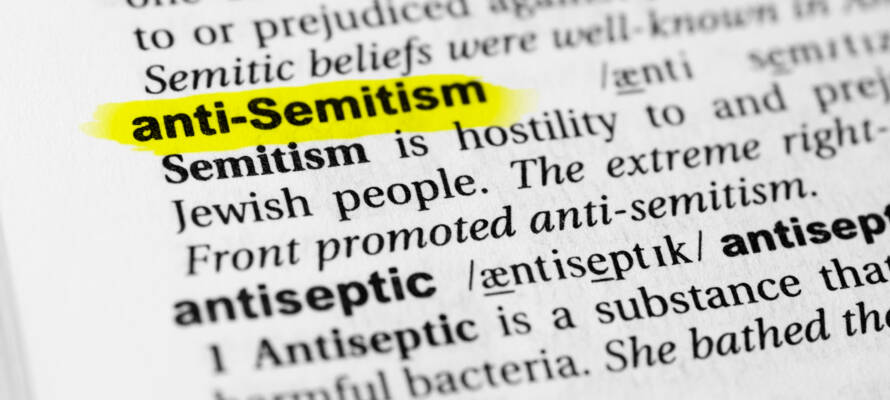Some 30% of NGOs that have an agenda against IHRA definition receive grants from Western governments that have adopted the definition, research finds.
By TPS
About 30% of non-governmental organizations that have agenda against the International Holocaust Remembrance Alliance’s working definition of antisemitism receive grants from Western governments that have adopted the definition, according to a study released on Tuesday.
The research by NGO-Monitor, a Jerusalem-based organization that monitors the activities of non-governmental organizations, noted the contradictory approach that Belgium, Canada, Denmark, Finland, France, Germany, Ireland, Italy, Netherlands, Norway, Spain, Sweden and Switzerland have adopted.
NGO-Monitor’s report noted 45 campaigns that 345 NGOs have launched to discredit the IHRA. It found that 52% of those NGOs have received government funding and that 39% of the anti-IHRA campaigns that NGO Monitor studied sought to influence public opinion. Another 9% of the campaigns targeted professional organizations.
The IHRA definition is “the most effective means of identifying post-Holocaust hatred of Jews in different forms,” according to Gerald Steinberg, NGO Monitor president.
Groups named in the report “receive millions from European governments under the false label of ‘civil society,’” he noted.
The non-binding definition was developed in 2016 by the IHRA, an intergovernmental organization based in Berlin that seeks to strengthen Holocaust education.
According to the IHRA definition, “Antisemitism is a certain perception of Jews, which may be expressed as hatred toward Jews. Rhetorical and physical manifestations of antisemitism are directed toward Jewish or non-Jewish individuals and/or their property, toward Jewish community institutions and religious facilities.”
The definition cites 11 examples, including, “Denying the Jewish people their right to self-determination, e.g., by claiming that the existence of a State of Israel is a racist endeavor,” and “Applying double standards by requiring of it [Israel] a behavior not expected or demanded of any other democratic nation.”
One study in 2022 found the definition receiving mainstream acceptance with nations, cities, universities, non-governmental organizations, corporations and even athletic clubs adopting IHRA “as a framework for recognizing modern-day iterations of antisemitism, training and educational programs, and policymaking initiatives.”
A more recent study in July reported a surge in organizations adopting IHRA in the first half of 2023.
